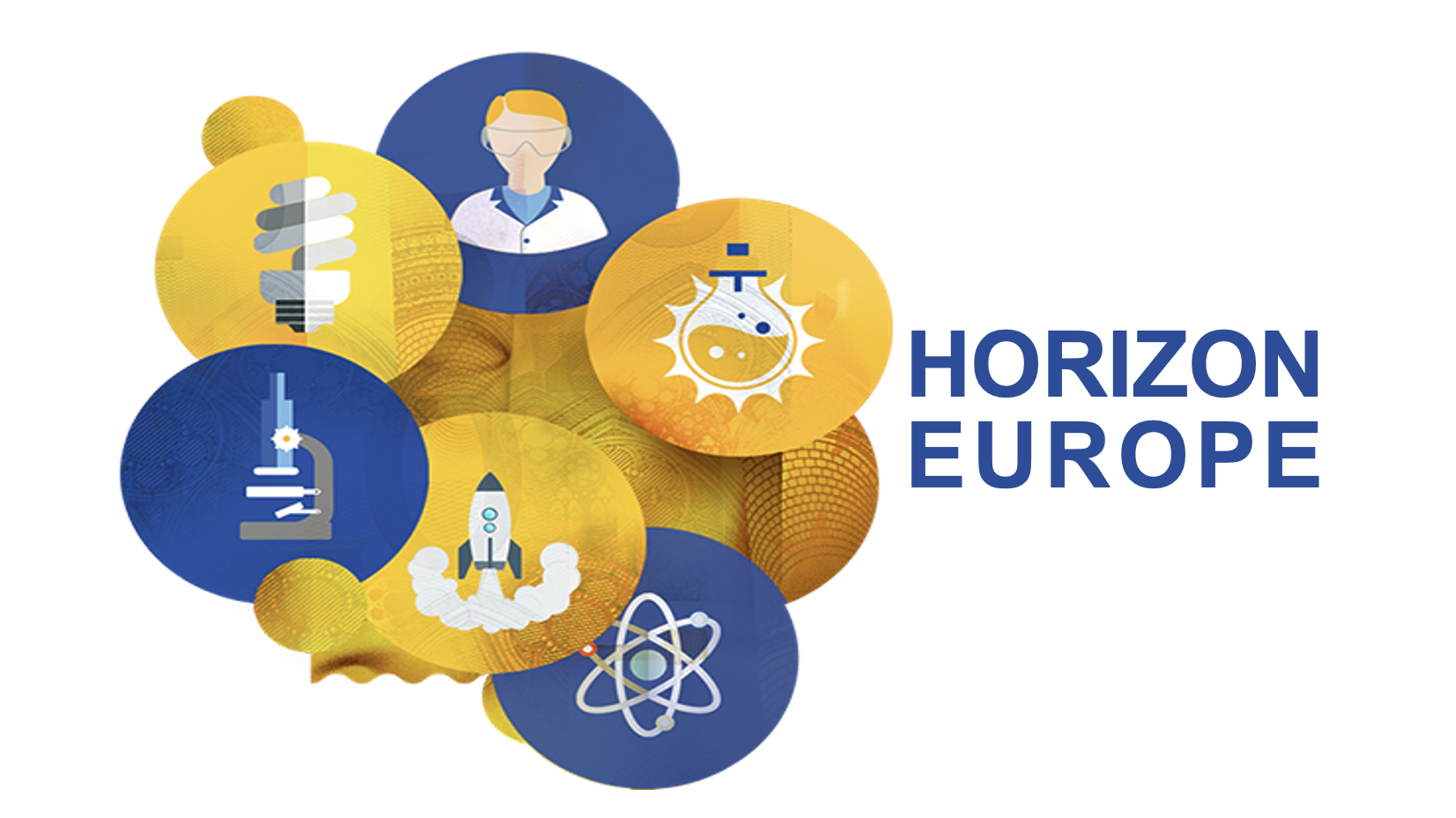4D Picture project

Project summary
Patients with cancer often have to make complex decisions about treatment, with the options varying in risk profiles and effects on survival and quality of life. Data-driven decision-support tools (DSTs) have the potential to empower patients, support personalized care, improve health outcomes, and promote health equity (optimal decisions also for underserved groups). However, DSTs currently seldom consider quality of life or individual preferences, and their use in clinical practice remains limited. To address these challenges, the 4D PICTURE consortium will further develop a promising methodology, MetroMapping, to redesign care paths that include novel DSTs. We will better predict treatment outcomes by developing innovative algorithms and incorporating patient experiences, values and preferences, using AI-based models. In co-creation with patients and other stakeholders, we will develop data-driven DSTs for patients with breast cancer, prostate cancer and melanoma. We will evaluate these DSTs as part of MetroMapping as well as stand-alone, to ensure their sustainability as well as addressing social and ethical issues. We will explore the generalizability of MetroMapping and the DSTs to other types of cancer and across other EU member states.
Impact
The 4D PICTURE project aims to optimise health care delivery decision-making processes, supporting policymaking, and empowering citizens and cancer patients. To this aim we will develop evidence-based, innovative datadriven decision-support and visualisation tools for citizens, cancer patients and their significant others, clinicians, health care organisations, and policy makers: (1) prognostic tools for three tumour types (breast and prostate cancer and melanoma, using robust and transparent modeling (2) an AI-based conversation tool (Metaphor Menu); (3) an AI-based algorithm for collecting patients’ needs, preferences and experiences for the redesign of care paths; (4) a methodology for integrating the tools (MetroMapping), resulting in redesigned care paths, and a personalized tool, the Care Path Navigator, for patients. The main aim of these tools is to improve the healthcare journey of cancer patients, to empower clinicians and patients to engage in conversations about patients’ preferences and needs for medical care and treatment, and to make such decision making more personalized and equitable, reducing waste from under- and overtreatment.
More detailed information
Principal Investigator:
Judith Rietjens & Ida Korfage
Role Erasmus MC:
Coördinator
Department:
Public Health
Project website:
Click here
Funding Agency:
Horizon Europe Global Challenges



